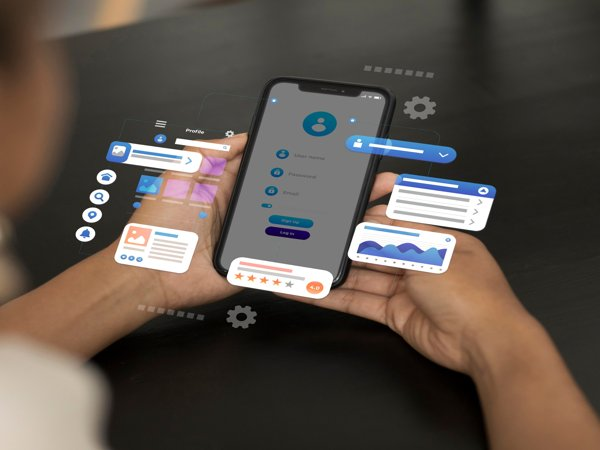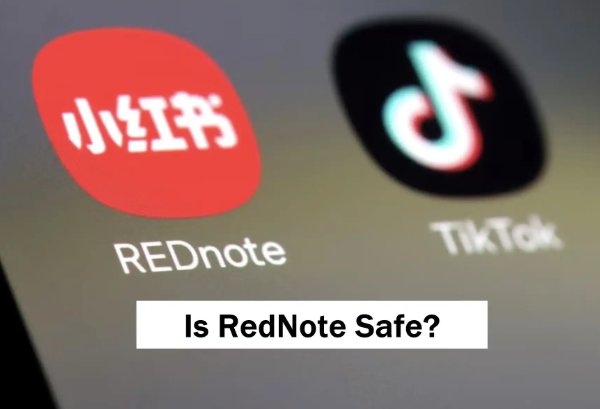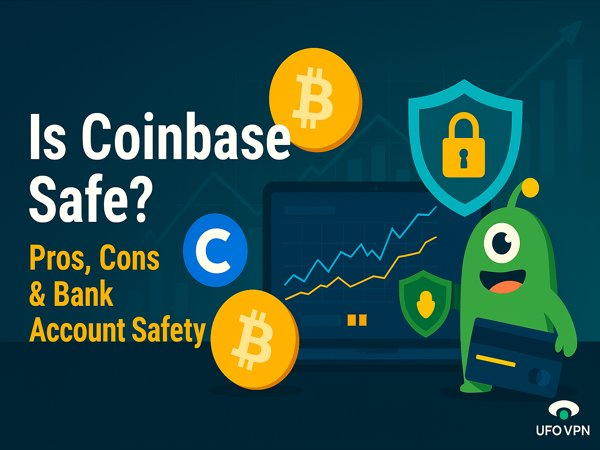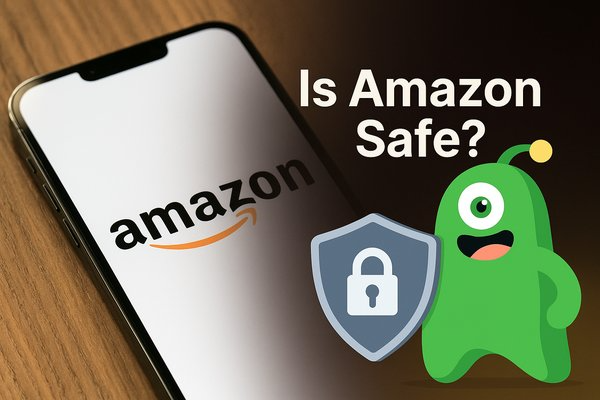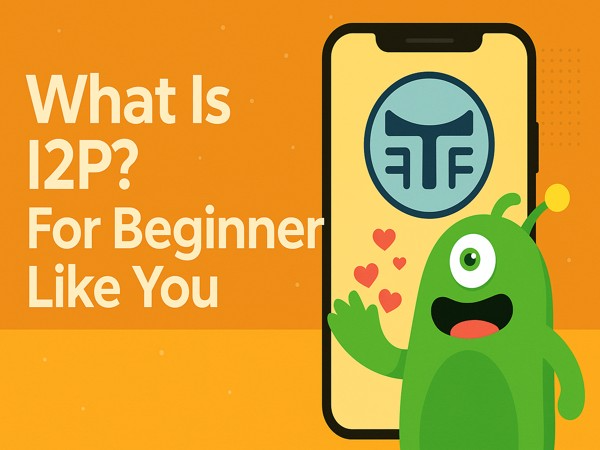What Is Android Security?
Android security refers to the combination of built-in features, system updates, apps, and best practices that protect your smartphone from cyber threats. Since Android powers over 70% of the world’s mobile devices 🌍, it has always been a primary target for hackers, phishing campaigns, and malware developers.
The good news? Google and the Android ecosystem continue to improve their defenses. However, user awareness remains the most important line of defense—because even the best system can’t protect you if you install malicious apps or connect to unsafe WiFi.
What’s New in Android Security Updates 2026?
Each year, Google introduces stronger Android security layers. Here’s what’s new in 2026:
- Stronger Biometric Security 🔐: Face unlock and fingerprint recognition are now backed by AI-powered fraud detection.
- Enhanced Google Play Protect: Real-time scanning detects harmful apps before you install them.
- Improved OS Patch Delivery: Monthly updates are now distributed faster through Google Play System Updates.
- On-device AI Threat Detection 🤖: Your phone can now identify suspicious activity (like spyware or hidden trackers) locally, without sending your data to the cloud.
These updates make Android safer than ever, but only if you install patches regularly.
Free Built-in Android Security Tools
Before downloading third-party apps, take advantage of free tools already built into Android:
| Built-in Tool | Function | Why It Matters |
|---|---|---|
| Google Play Protect | Scans apps for malware | Prevents installing malicious apps |
| Find My Device | Track, lock, or erase lost phones | Critical for theft/loss protection |
| Google Password Manager | Stores and auto-fills strong passwords | Reduces password reuse risks |
| App Permissions Manager | Lets you control app access | Prevents spying and data misuse |
10 Quick Android Security Tips (2026)
Want fast wins? Here are 10+ expert-backed Android security practices:
- Always update your OS & apps 🔄
Security patches often fix critical vulnerabilities. Turn on auto-updates for extra peace of mind. - Download apps only from Google Play 📲
Avoid third-party stores where malware is common. Even then, check developer reputation and reviews. - Check app permissions carefully 🔍
Deny unnecessary access (e.g., flashlight apps shouldn’t need microphone access). - Use 2FA for Google & banking apps 🔑
Prefer authenticator apps over SMS codes for stronger protection. - Avoid rooting or jailbreaking 🚫
It disables Android’s built-in security layers and makes malware attacks easier. - Turn off Bluetooth & NFC when not needed 📶
This reduces the risk of Bluejacking or contactless data theft. - Lock your phone with biometrics + PIN 🔒
Fingerprint/Face ID + a strong PIN keeps your phone safe even if lost. - Back up your data regularly ☁️
Use Google Drive or external storage for recovery in case of ransomware or device loss. - Use a VPN on public WiFi 🌐 (like UFO VPN)
Public hotspots are prime targets for hackers. A VPN encrypts traffic and hides your data. - Be cautious of links & downloads 📧
Smishing (SMS phishing) is on the rise—don’t click suspicious URLs.
👉 Bonus Tips for 2026:
- Enable “Find My Device” 📍 – Track, lock, or wipe your phone remotely if stolen.
- Set up app-specific locks 🔑 – Add an extra PIN or fingerprint requirement for sensitive apps (e.g., banking, crypto wallets).
- Use secure browsers 🛡️ – Firefox Focus or Brave for private browsing with built-in ad/tracker blocking.
- Limit background data tracking 📊 – Adjust privacy settings to restrict apps from constantly collecting data.
Best Free Android Security Apps
While Android comes with built-in security features like Google Play Protect, adding specialized apps can provide extra layers of protection against malware, trackers, and privacy risks. Here are some top free options:
Malwarebytes Mobile
What it does: Detects and removes malware, adware, spyware, and ransomware.
Why it’s useful: Lightweight and efficient, it scans apps and files in real-time without slowing down your device.
Extra tip: Schedule regular scans to catch threats early.
Firefox Focus
What it does: A privacy-focused browser that automatically blocks ads, trackers, and analytics scripts.
Why it’s useful: Keeps your browsing anonymous and prevents companies from building a profile of your activity.
Extra tip: Clear your history and cookies automatically after each session for maximum privacy.
Proton VPN (Free)
What it does: Encrypts your internet connection and masks your IP address, protecting you on public Wi-Fi.
Why it’s useful: Even the free version gives access to a few secure servers without logging your activity.
Extra tip: Avoid using free VPNs with aggressive speed limits or weak encryption. Proton VPN is reliable and trustworthy.
Bitdefender Free
What it does: Provides antivirus protection with high detection rates for malware and malicious apps.
Why it’s useful: Runs silently in the background, so you’re protected without constant notifications or battery drain.
Extra tip: Pair it with Google Play Protect for an extra security layer.
While free apps are great for basic security, they often come with limitations like ads, slower updates, or bandwidth restrictions (in the case of VPNs). For faster speeds, unlimited data, and global streaming access, a premium VPN like UFO VPN provides stable connections, stronger encryption, and additional privacy features without the constraints of free versions.
Android Security vs VPN: Do You Need Both?
Some users ask: If Android already has security tools, why bother with a VPN?
The answer: they protect different layers.
Android security → protects against malware, bad apps, and local exploits.
VPN → protects your network traffic from hackers, ISPs, and snooping.
For example, if you connect to free WiFi at an airport or café ✈️☕, Android won’t stop a hacker from intercepting your data. But a VPN like UFO VPN encrypts your traffic, keeping your logins, chats, and transactions secure.
👉 In short: use both. Android tools protect your device, while a VPN protects your online connection.
Common Android Security Risks
Even in 2026, these risks remain the biggest threats to Android users:
Fake Apps & Phishing
Cybercriminals still trick users into downloading fake apps disguised as games, banking apps, or updates. Always check developer names and reviews before installing.
Outdated OS & Data Tracking
Many Android devices—especially budget models—don’t receive timely updates. Outdated phones are vulnerable to exploits. Also, apps may collect more data than necessary 📊.
Here’s a quick comparison of risk levels:
| Threat | Risk Level (2026) | Prevention |
|---|---|---|
| Fake Apps | 🔴 High | Download only from Google Play |
| Phishing Links | 🔴 High | Don’t click unknown links |
| Outdated OS | 🟠 Medium | Buy devices with guaranteed updates |
| Data Tracking | 🟠 Medium |
Use privacy browsers & VPNs |
| Public WiFi Hacking | 🔴 High |
Always use a VPN (UFO VPN recommended) |
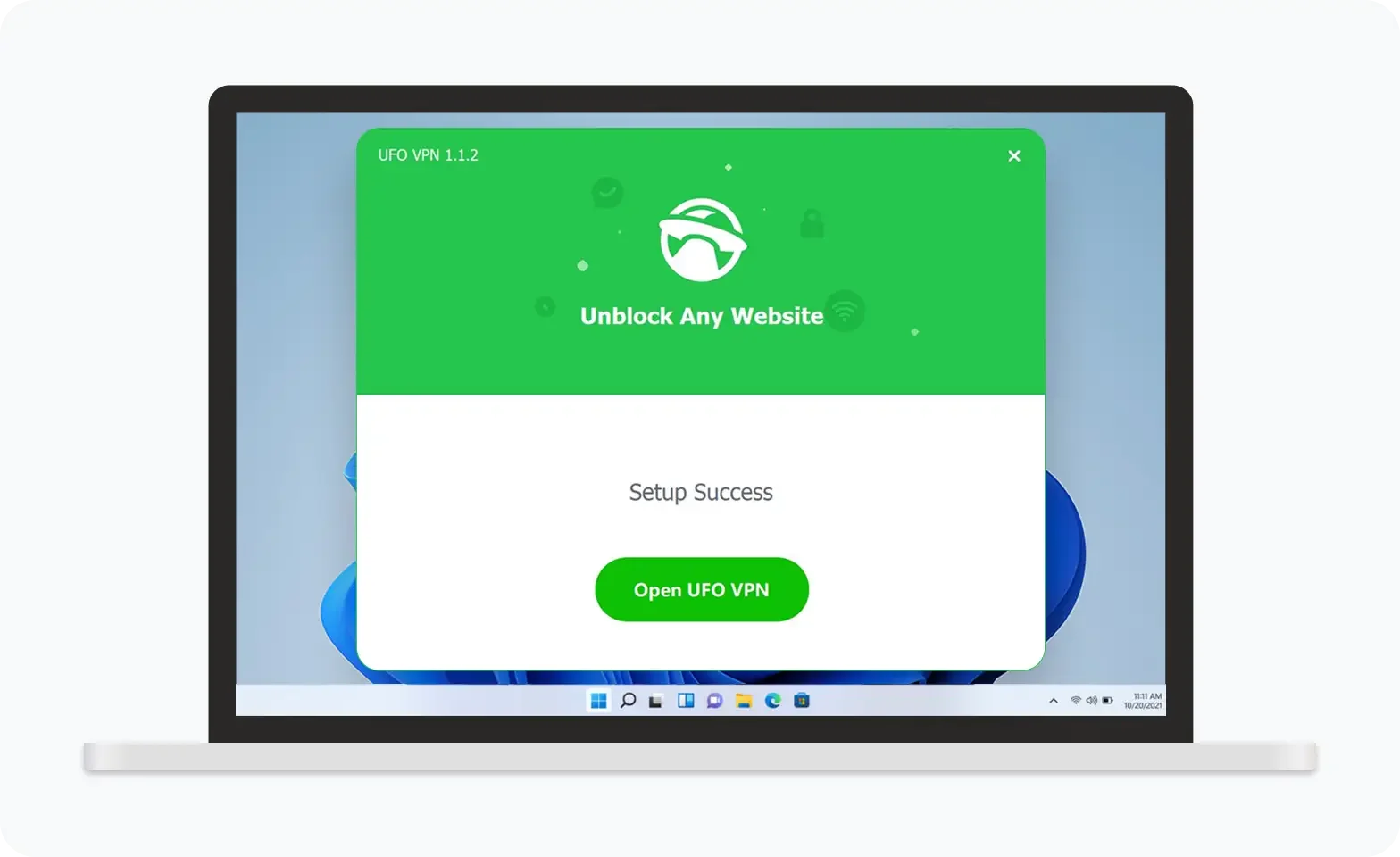
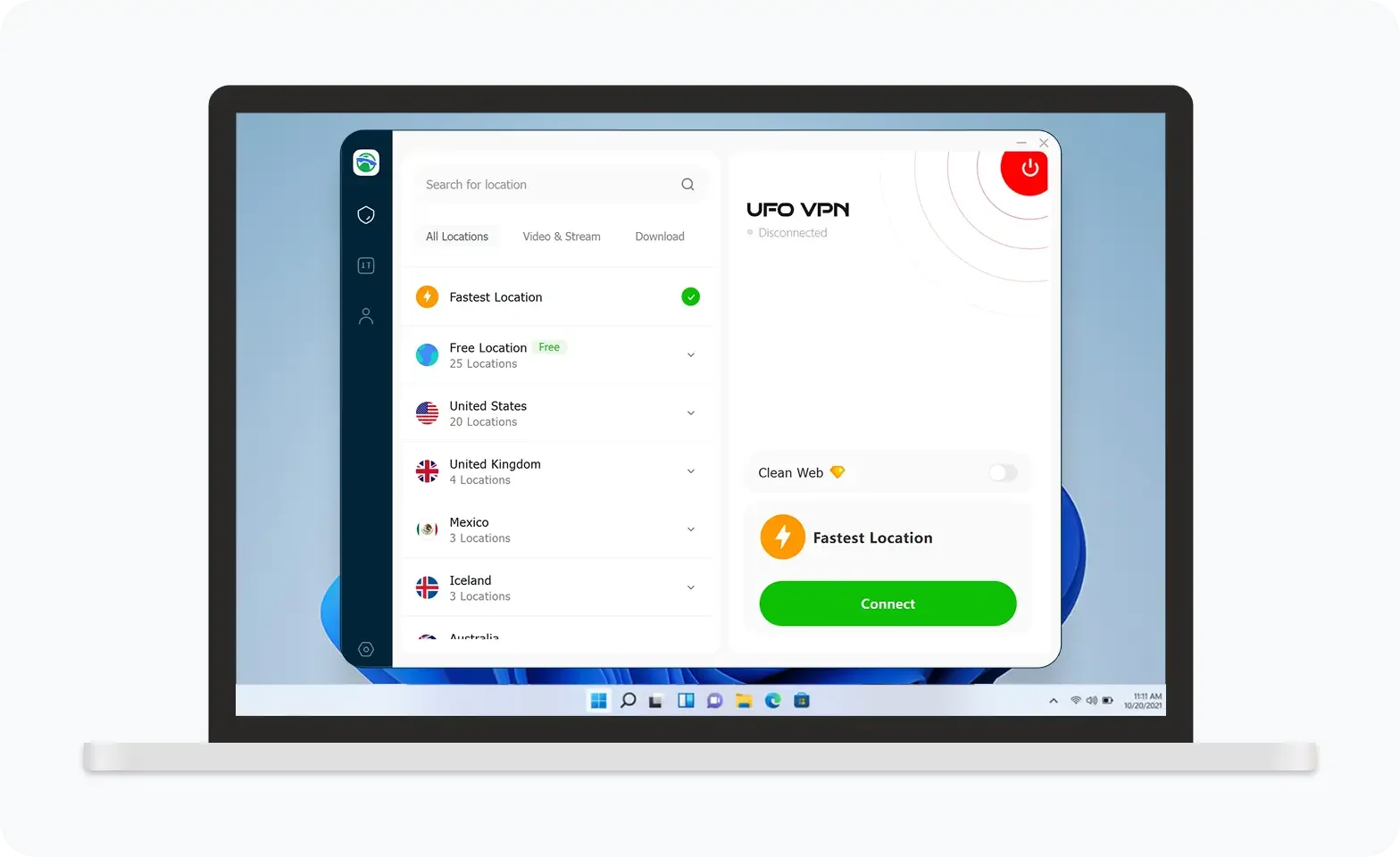
UFO VPN is an all-in-one VPN that offers unlimited access to 4D streaming like Netlfix, Disney Plus, no-ping gaming as PUBG, Roblox, CODM and social networking for YouTube, X, Facebook and more.
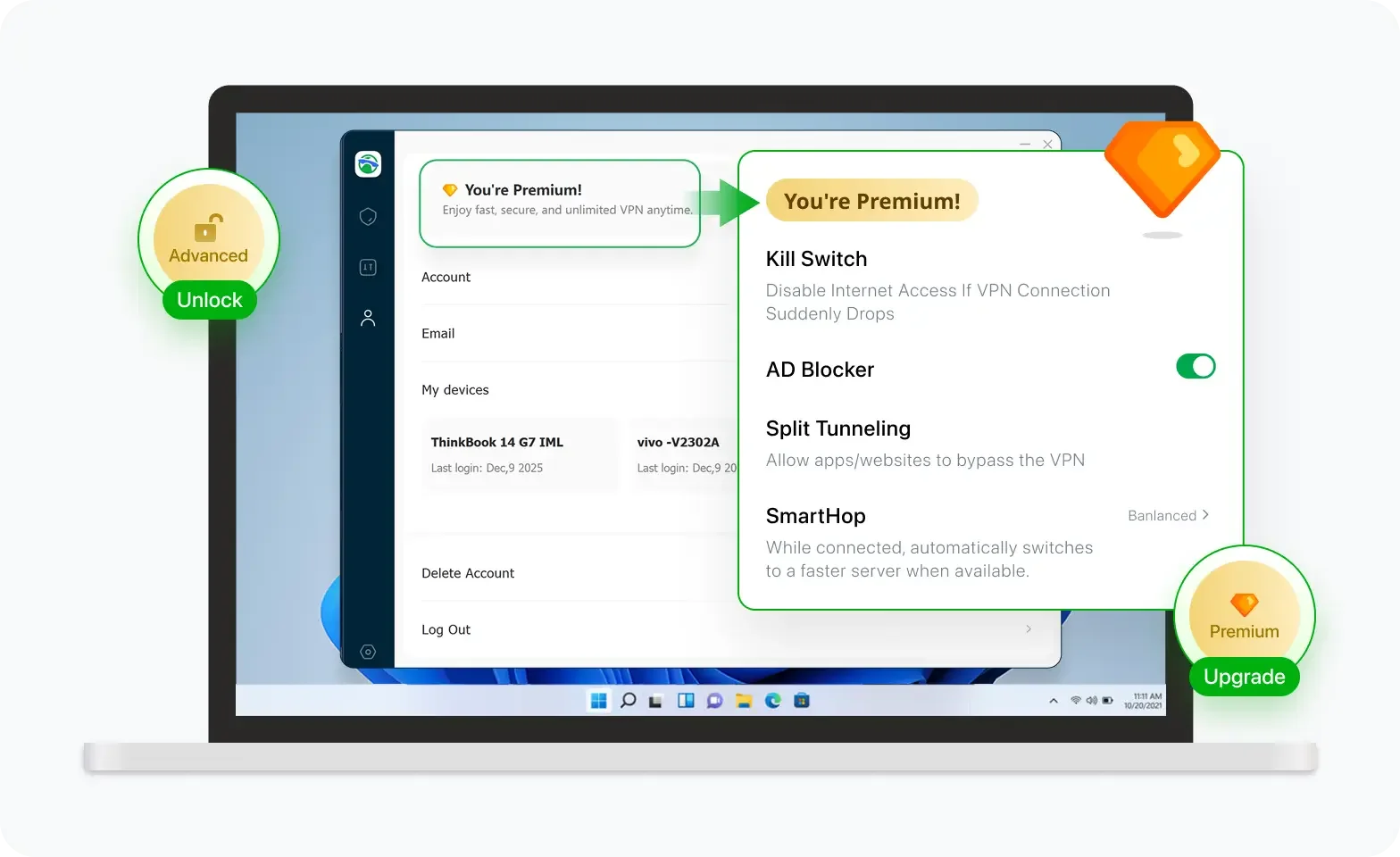
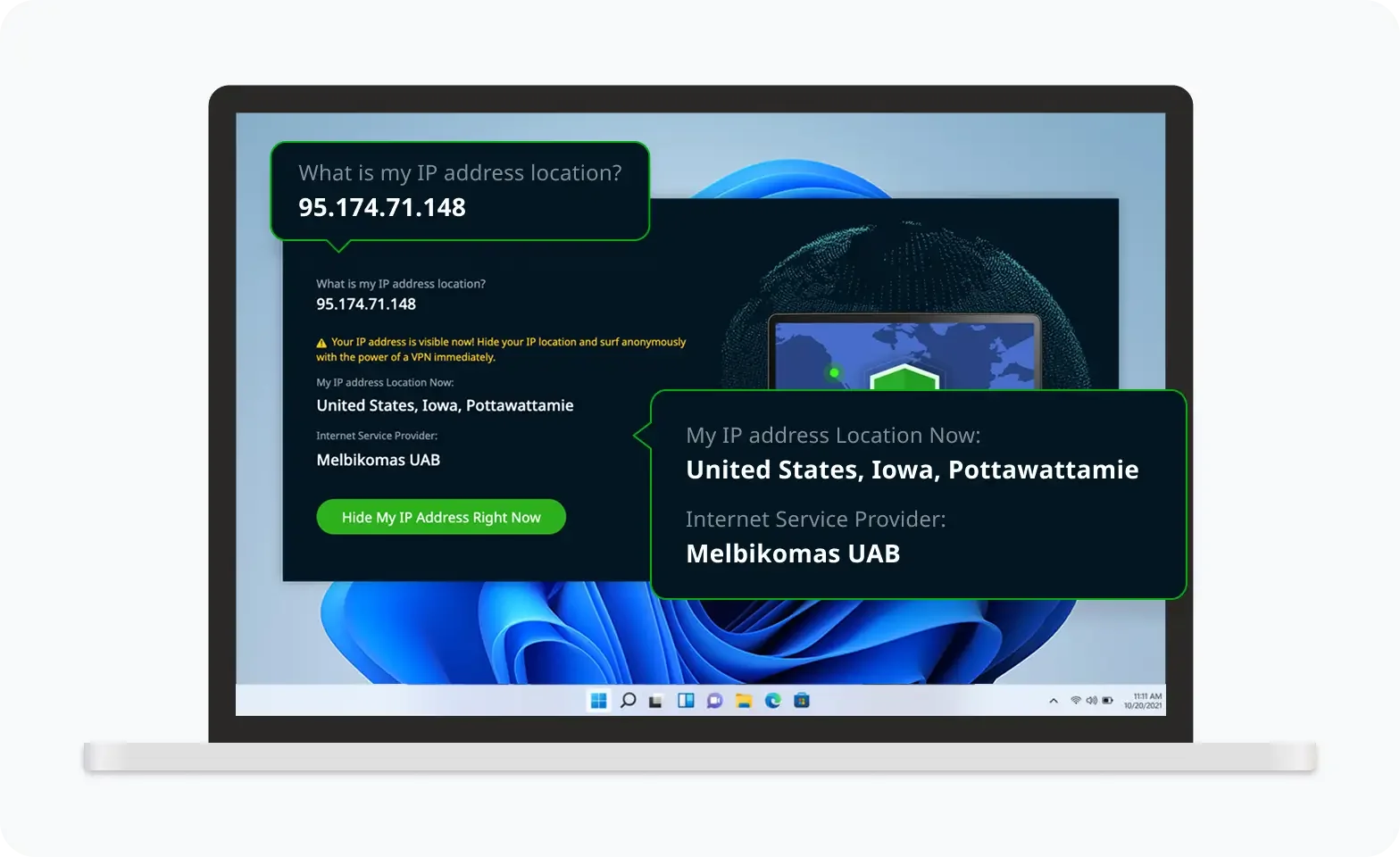
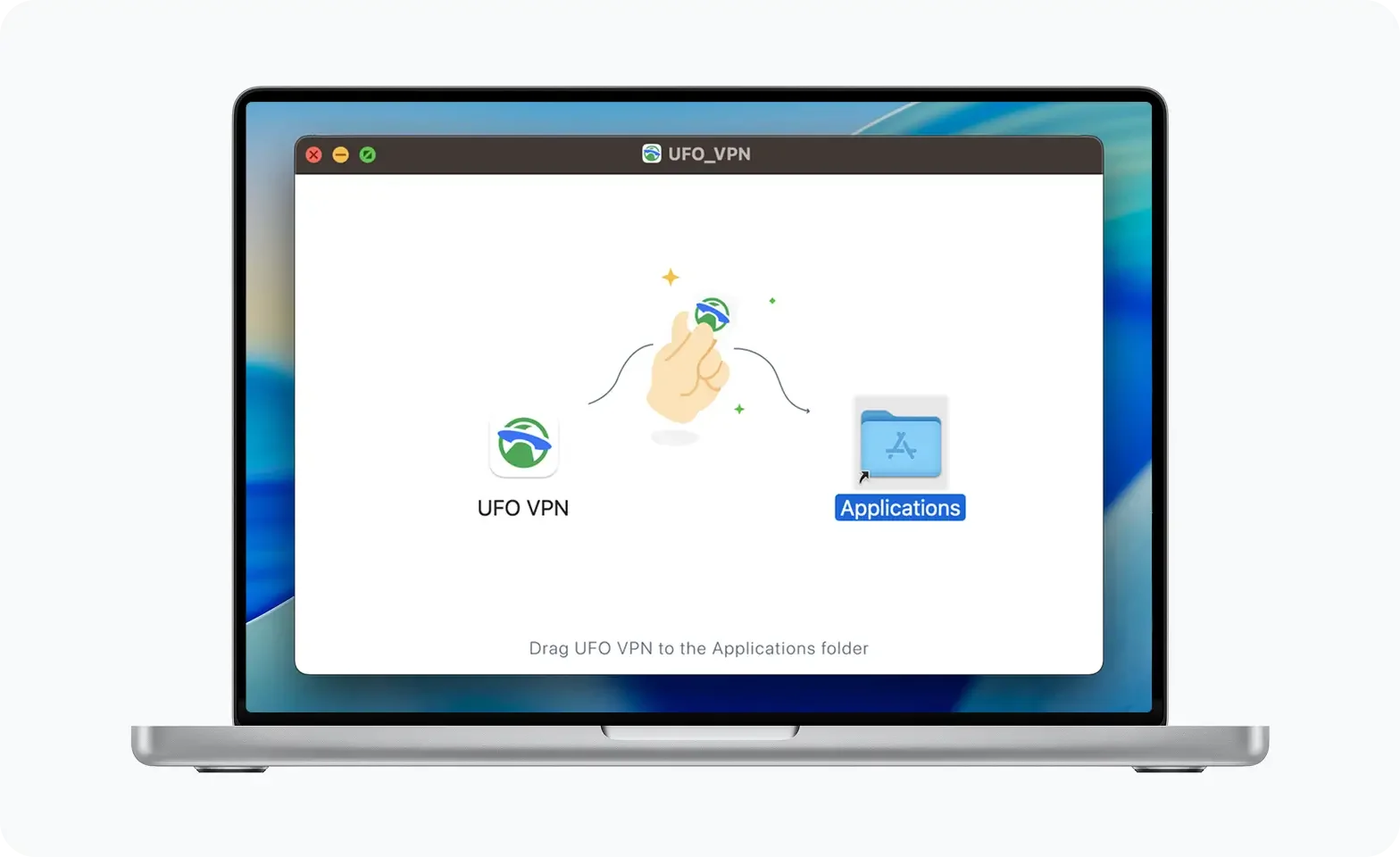
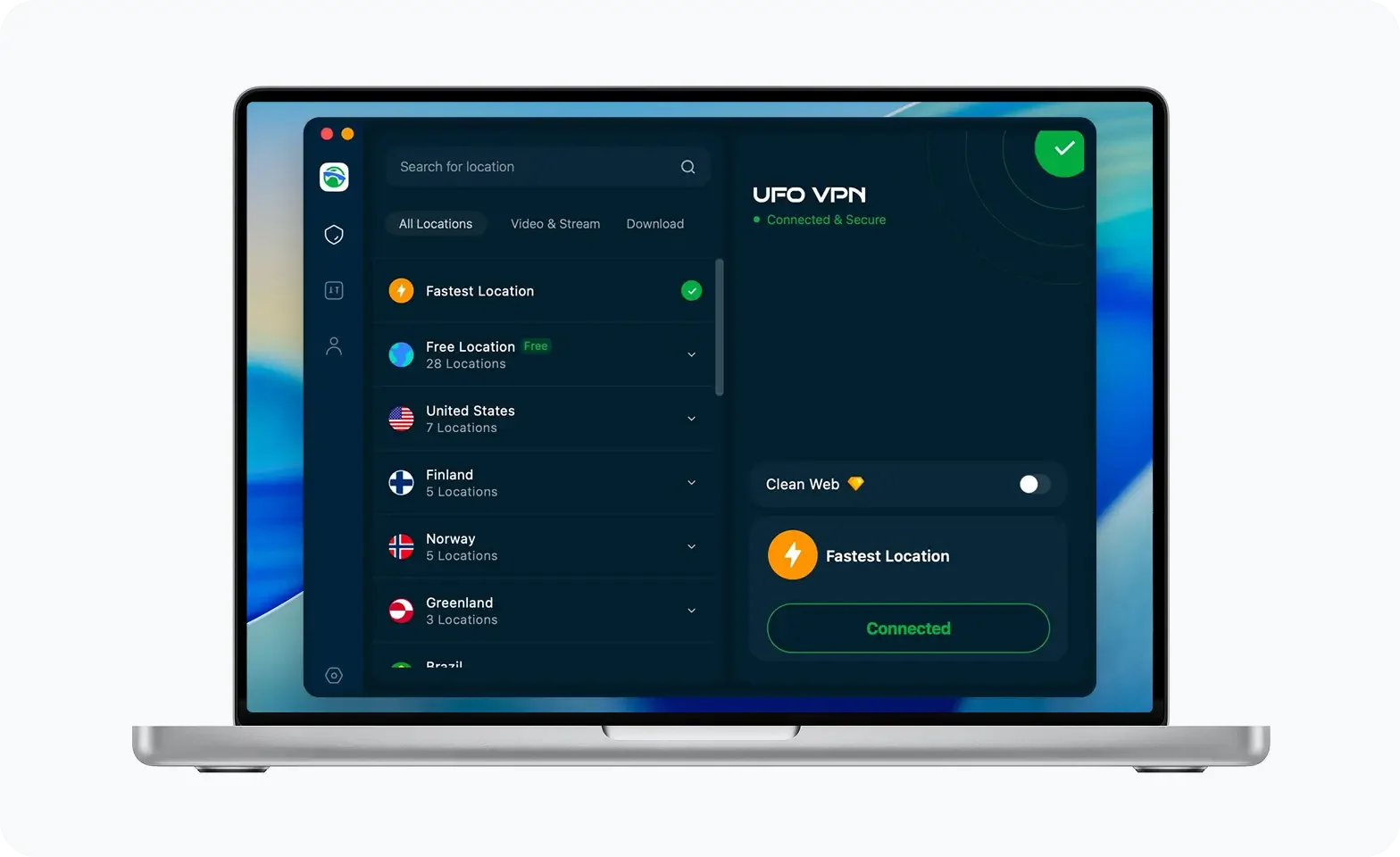
Unlock Pro Features
If you have upgraded to premium plan , feel free to enjoy premium servers for 4K streaming and advanced features like Kill Switch, Split Tunneling, and gaming acceleration. Your Mac is now fully optimized and protected. Inaddition to basic functions, we recommend you turn on

Verify Your IP Now
Use UFO VPN's " What is My IP " feature to see your new IP and location. This confirms your connection is secure, anonymous, and ready for safe browsing online anywhere at any time.

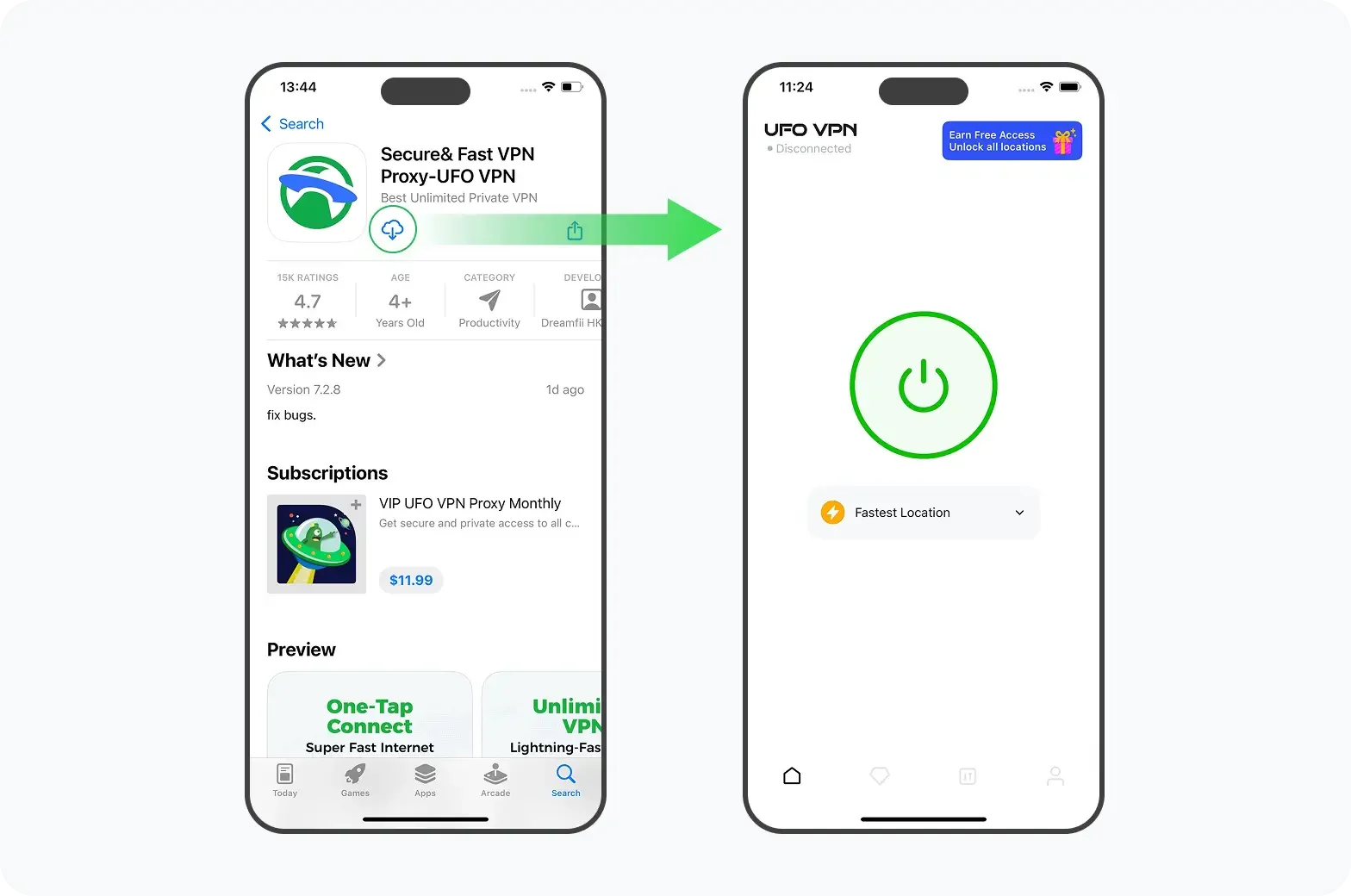
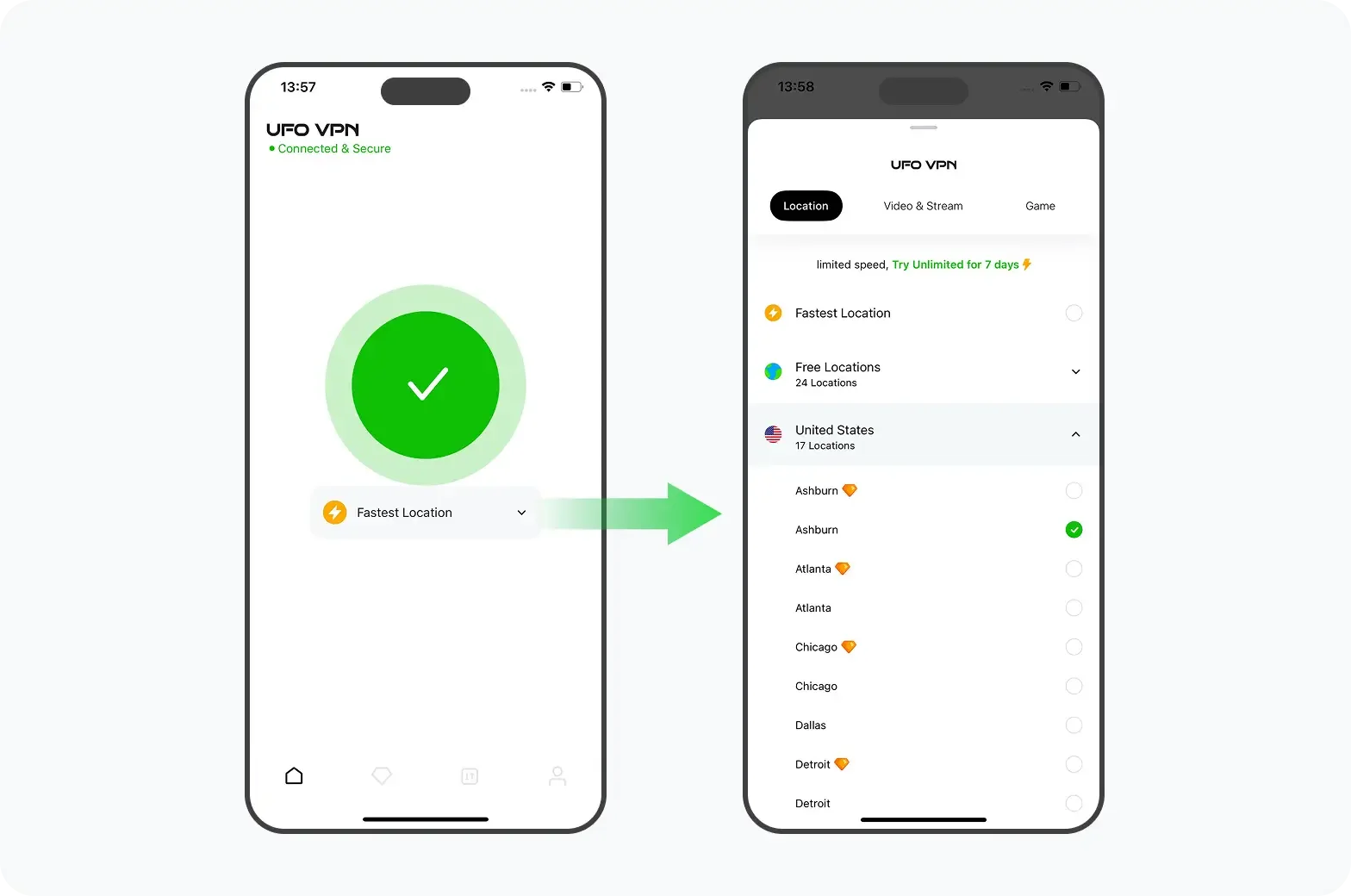
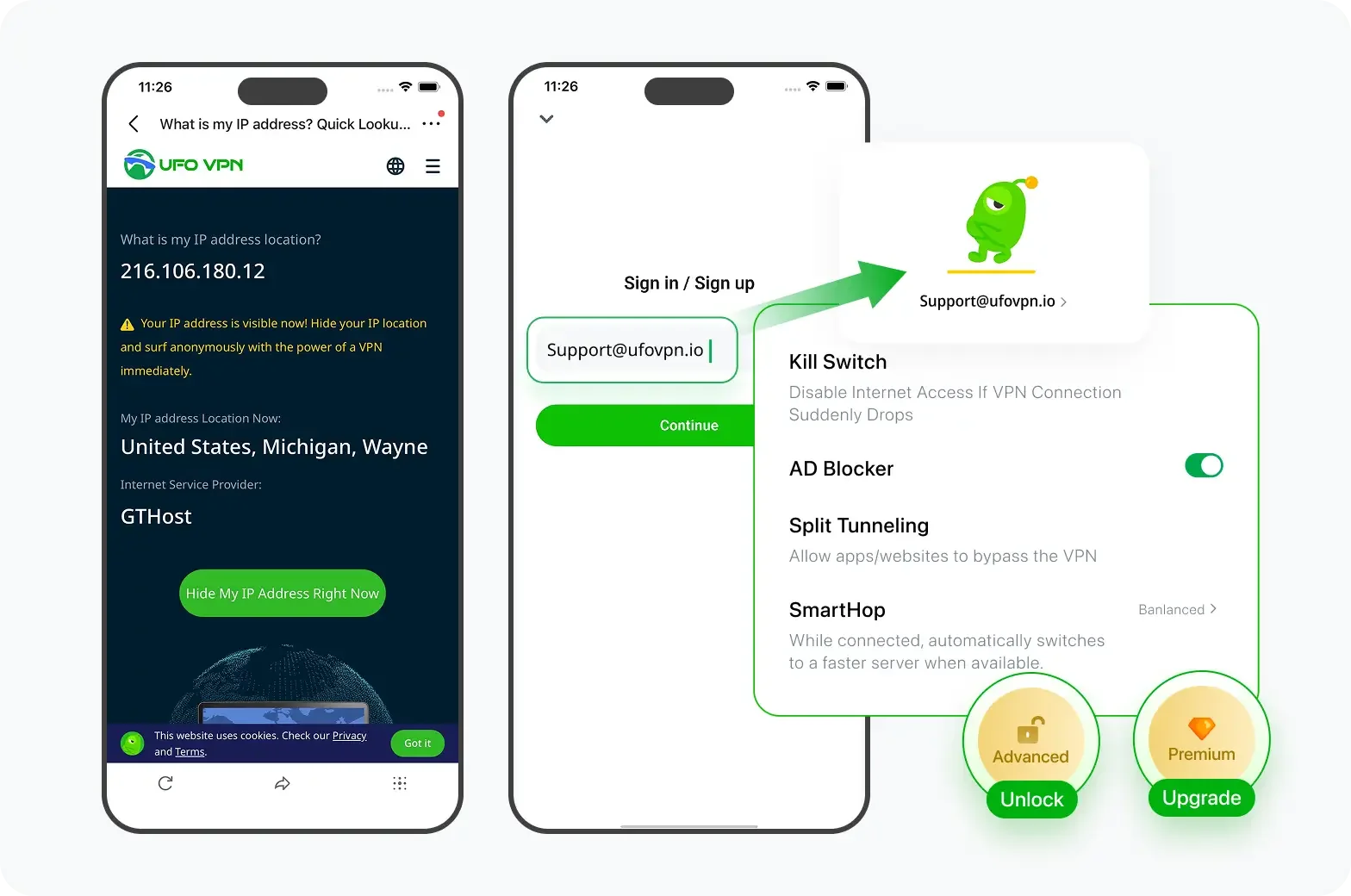
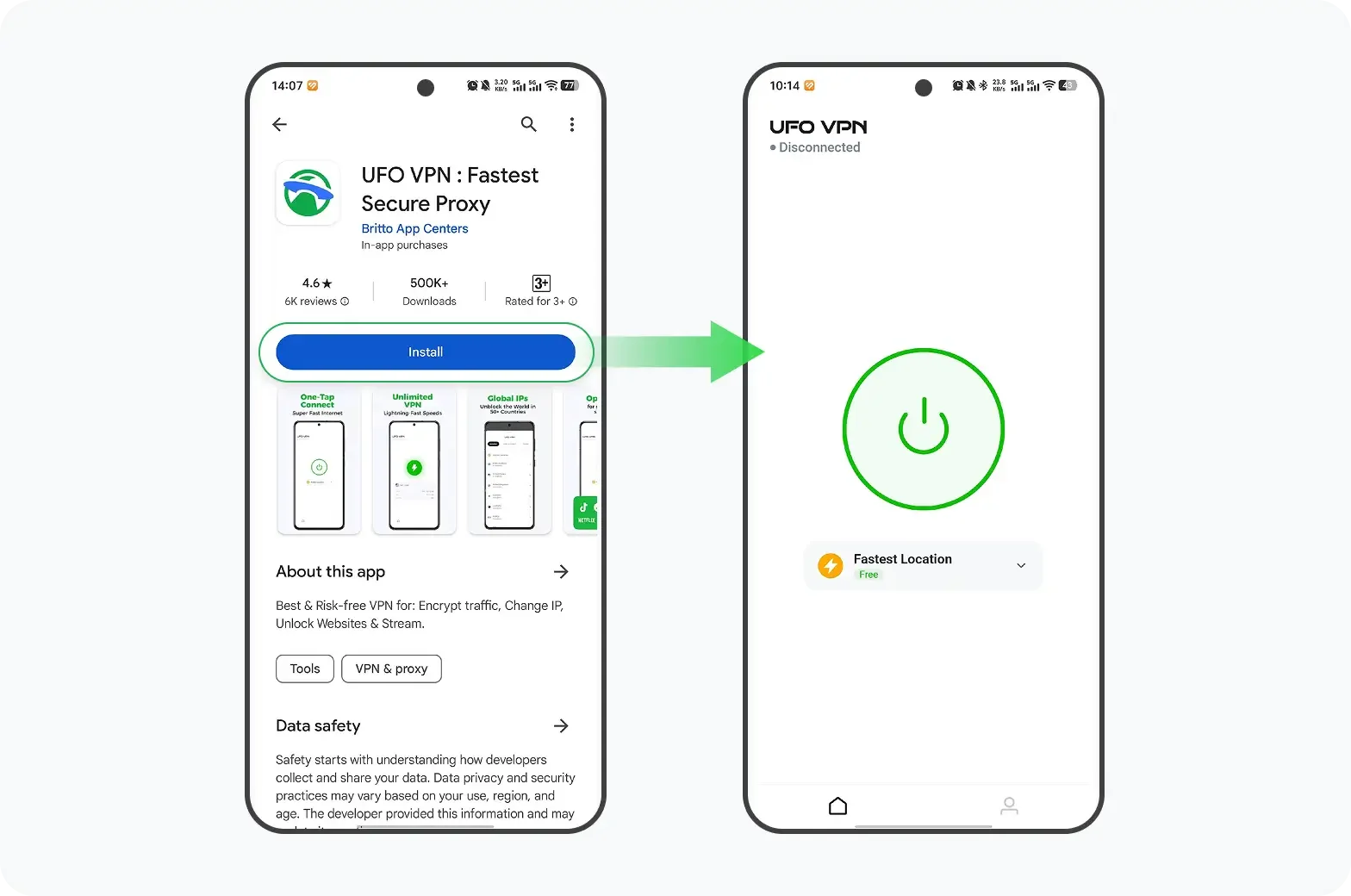
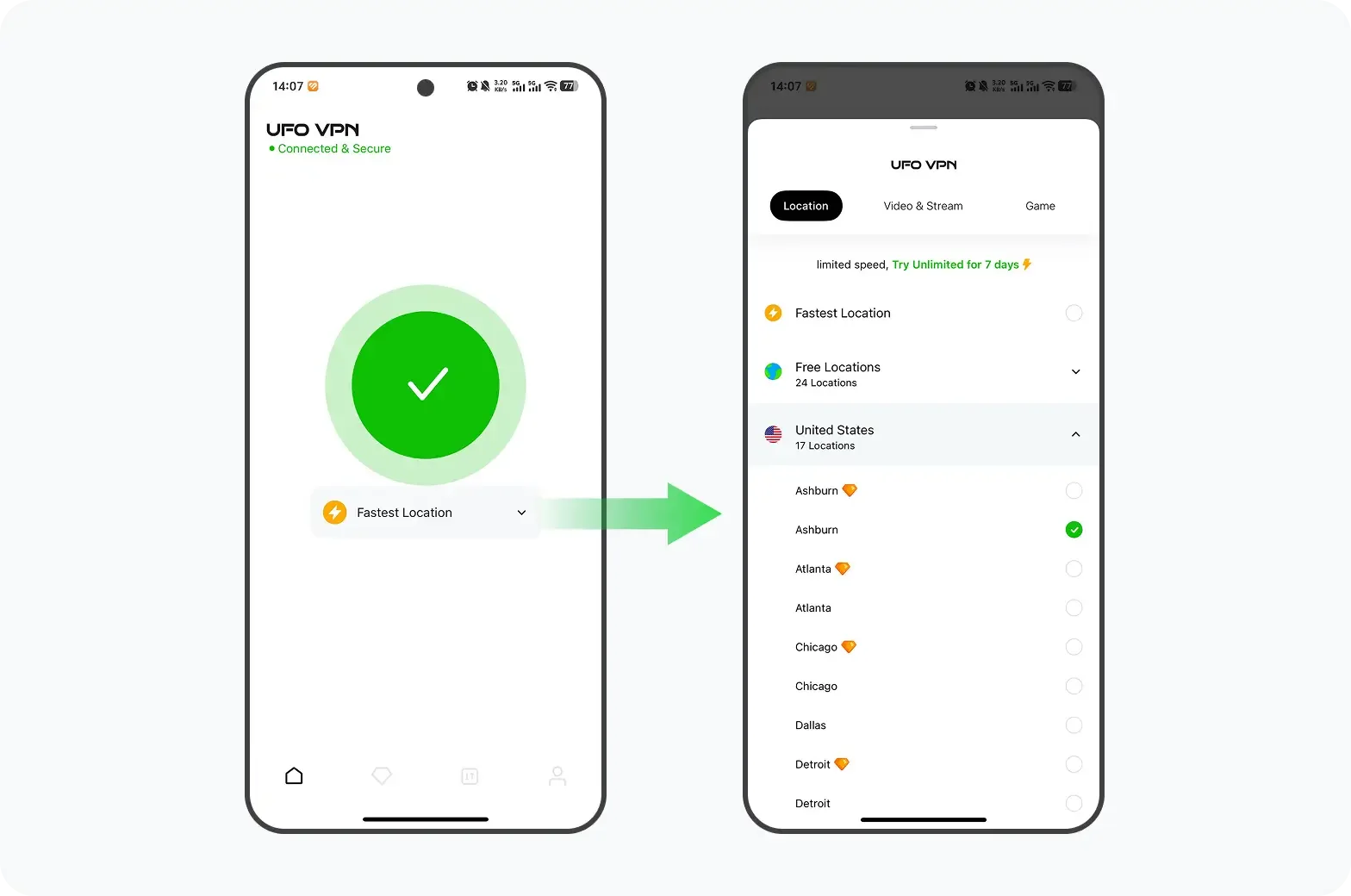
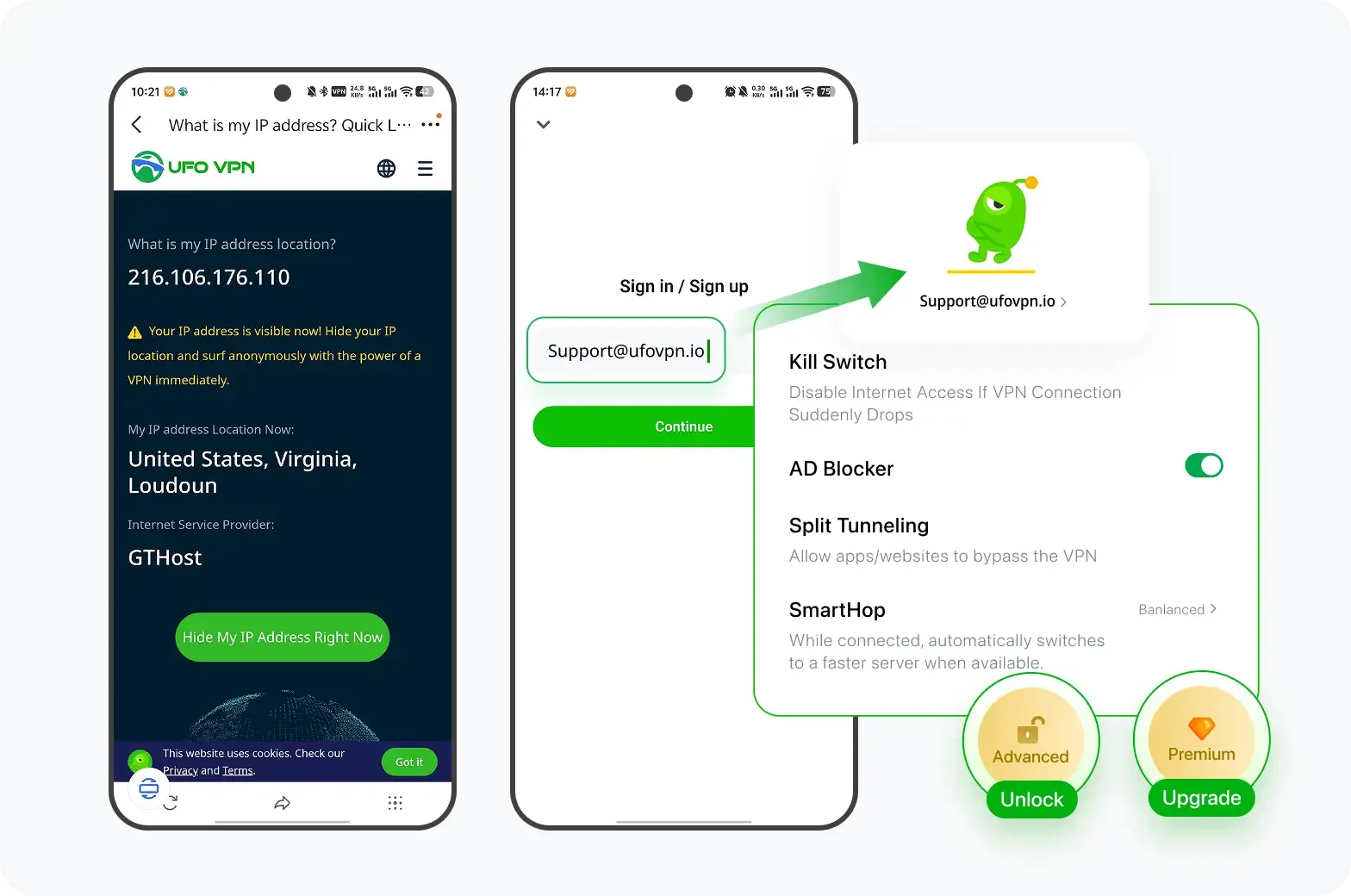
Conclusion
Android security in 2026 is stronger than ever, thanks to improved updates, AI-powered protections, and built-in tools. However, hackers are just as innovative, constantly seeking new ways to exploit careless users.
The best defense is layered protection:
Use built-in Android tools.
Install trusted security apps.
Follow best practices.
And don’t forget network security—where a VPN like UFO VPN plays a key role in keeping your online activities private and encrypted.
Stay vigilant, update often, and your Android will remain a safe digital companion 📱🔐.
FAQs
Is free antivirus enough for Android?
It’s helpful, but combining it with built-in tools and safe browsing habits gives stronger protection.
Do I really need a VPN on my phone?
Yes—especially on public WiFi. A VPN like UFO VPN ensures encrypted, private connections.
What’s the biggest Android security risk in 2026?
Fake apps and phishing remain the top threats.
How often should I update my Android phone?
Install updates as soon as they’re available—delays leave you exposed.
Can I secure my Android without spending money?
Absolutely. Built-in tools + free apps like Malwarebytes, Firefox Focus, and Proton VPN already offer strong protection.

